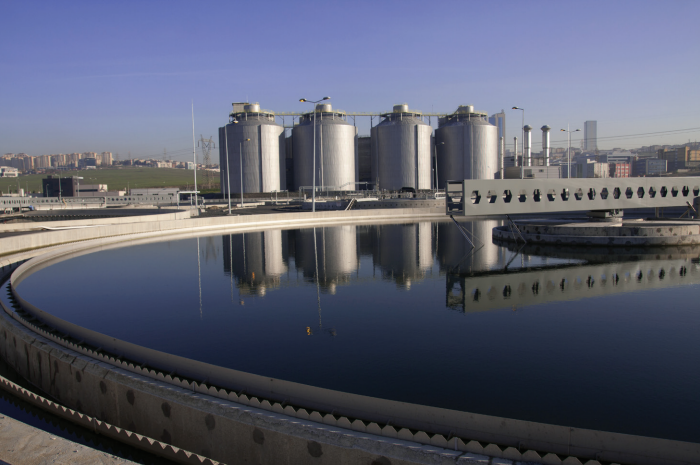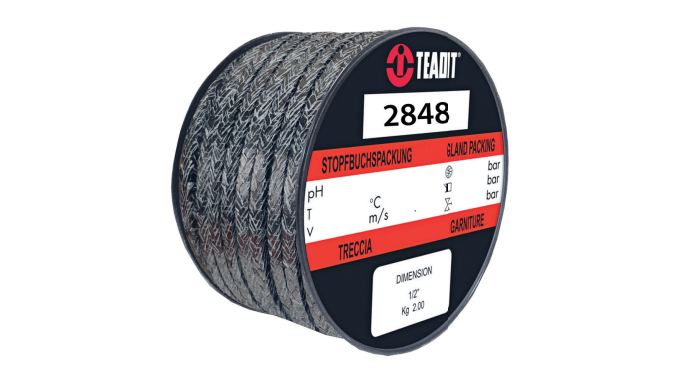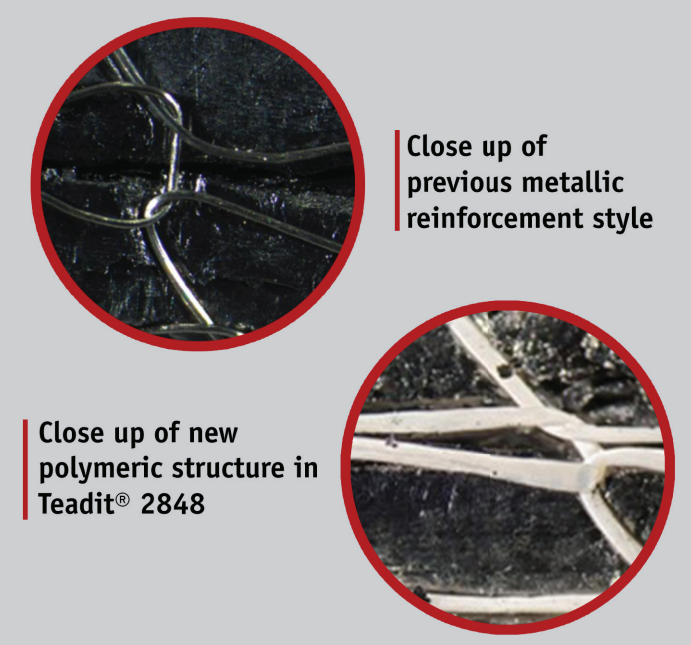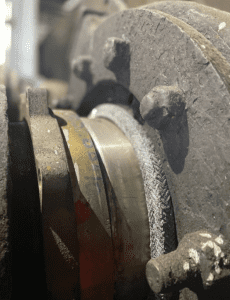In industries where maintaining a secure seal is paramount, the choice of packing material can significantly impact performance and efficiency. The production of valuable chemicals derived from agricultural byproducts is a complex process that requires precise machinery and equipment. Due to the corrosive nature of the strong acids used in their production, a digester’s packing must adhere to several strict requirements to mitigate the risk of asset failure.
A comprehensive look at a persistent challenge faced by a chemical production plant, and how it was solved, highlights the importance of material selection, design optimization, and proactive maintenance in industrial operations.
By Angelica Pajkovic and Daniel Angulo – Teadit
Challenges with Mechanical Packing
In 2022, a production facility faced a recurring issue with the mechanical packing in some of its processing digesters. The packing, which had a Nickel-Chrome wire jacket, caused frequent damage to the digester’s shaft. The aggressive nature of the processed media simultaneously had an adverse effect on the packing’s integrity. Over six months, the packing had to be replaced between 10 to 12 times for each of the 18 digesters.
Given the horizontal alignment of this digester type, the packing not only has to support the considerable weight of the shaft, but also retain its shape and sealing performance.
A Look at Packing Seals
At its core, the primary function of sealing packing material is to prevent the leakage of fluids from a system. This process could range from containing hazardous chemicals in a processing plant to maintaining the efficiency of hydraulic systems in heavy machinery. The wrong choice of packing material can result in leaks, leading to safety hazards, environmental concerns, and loss of productivity.

Recognizing the criticality of the issue, the company’s maintenance team sought to find a more reliable solution. To do so, a comprehensive study was conducted. Factors such as operating conditions, equipment specifications, and media properties were scrutinized to identify the root cause of the problem.
The digesters in question operate under pressures of 10.3 bar (150 PSI) and temperatures of more than 400°C (752°F). Ultimately, the investigation revealed that the elevated temperatures, combined with the equipment’s horizontal orientation, and the rotational speed of the shaft, were key factors that led to the premature failure of the packing material and subsequent equipment damage.
To address this, the facility sought a solution that addressed several key concerns. First, the alternative packing must exhibit the ability to maintain a reliable seal at elevated temperatures. Second, the chemical resistance of packing must be able to withstand a wide range of chemicals. Third, it must also have a low friction coefficient, and fourth a sufficient degree of conformability and flexibility.
After careful consideration of several options, the original Nickel-Chrome wire jacket packing was replaced with a PTFE wire jacket packing. In this case, Teadit’s 2848 packing solution was used. The new packing material underwent rigorous testing from October 2022 to June 2023, demonstrating promising results.

Implementation and Results
Following the installation of the 2848 solution, the facility observed significant improvements.
- Reduced Leakages: The new packing material and enhanced design substantially minimized leakages within the digester processing unit.
- Decreased Repacking Frequency: Almost zero repacking was required, reducing downtime and maintenance costs.
- Enhanced Efficiency: Operational efficiency improved due to the upgraded packing design and regular maintenance protocols.
- Enhanced Safety: By mitigating packing-related hazards, the working environment for employees became safer.
- Reduced Man Hours: Eliminating repacking and shaft maintenance tasks saved considerable man-hours, enhancing productivity.
- Cost Savings: Avoiding heavy equipment rental for shaft maintenance translated into substantial cost savings.
- Minimized Downtime: Less downtime for machinery resulted in faster turnaround times and increased equipment availability.
- Extended Equipment Lifespan: By avoiding unnecessary interventions, the lifespan of the equipment was extended, leading to long-term cost savings.

Why PTFE
The inherent chemical resistance of both the PTFE jacket and flexible graphite filaments enables the packing to withstand a wide range of chemical media. The substitution of the Nickel-Chrome jacket for a PTFE jacket leads to lower friction during operation. Overall, the durability of the solution, and the fact that it is designed with a low friction coefficient, enhances sealing performance while facilitating smooth operation, in static and dynamic sealing applications alike.
The advent of all of these factors allowed the plant to stay within its emissions requirements and therefore adhere to the industry standards for environmental compliance.
Proactive Maintenance
By ensuring that the correct packing material is used for specific applications, operators and maintenance personnel can effectively establish a proactive maintenance program.
Proactive maintenance is about foresight and preparedness. It involves a strategic approach to asset management aimed at maximizing uptime, reducing downtime, and optimizing performance.
Focusing on preventing issues from happening in the first place through regular inspections, preemptive repairs, and predictive analytics can mitigate the risk of unnecessary product and time losses.





